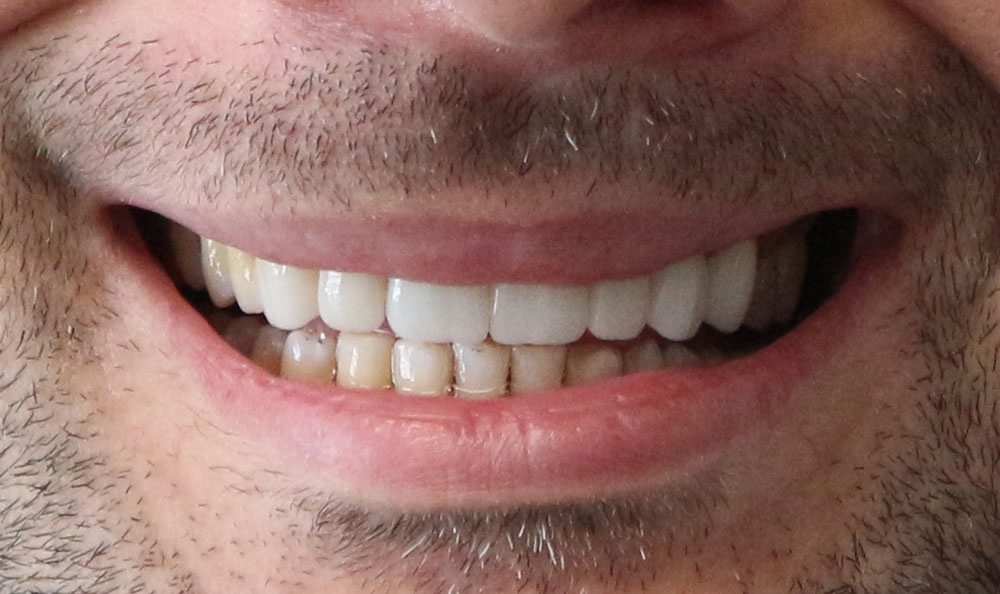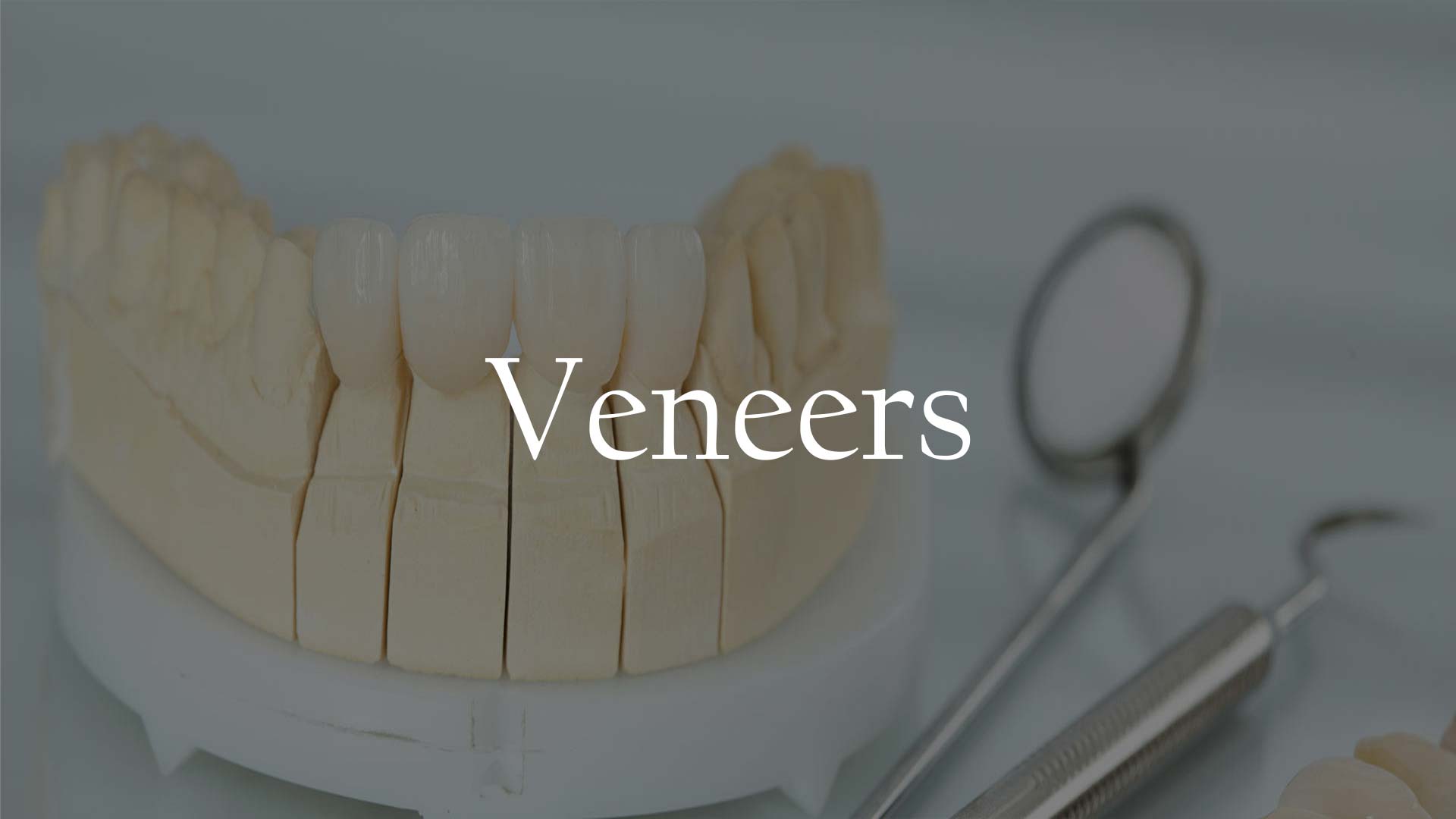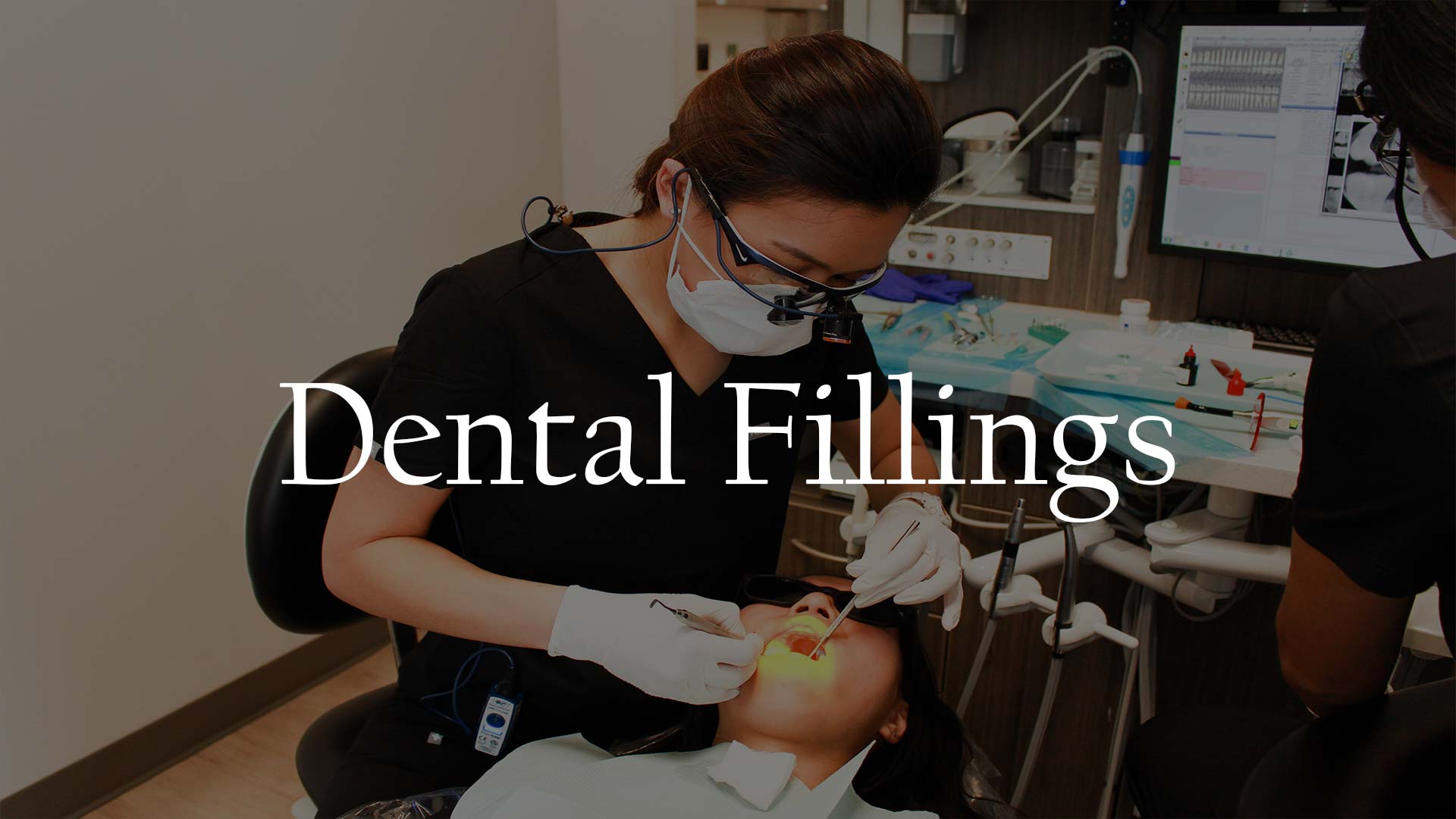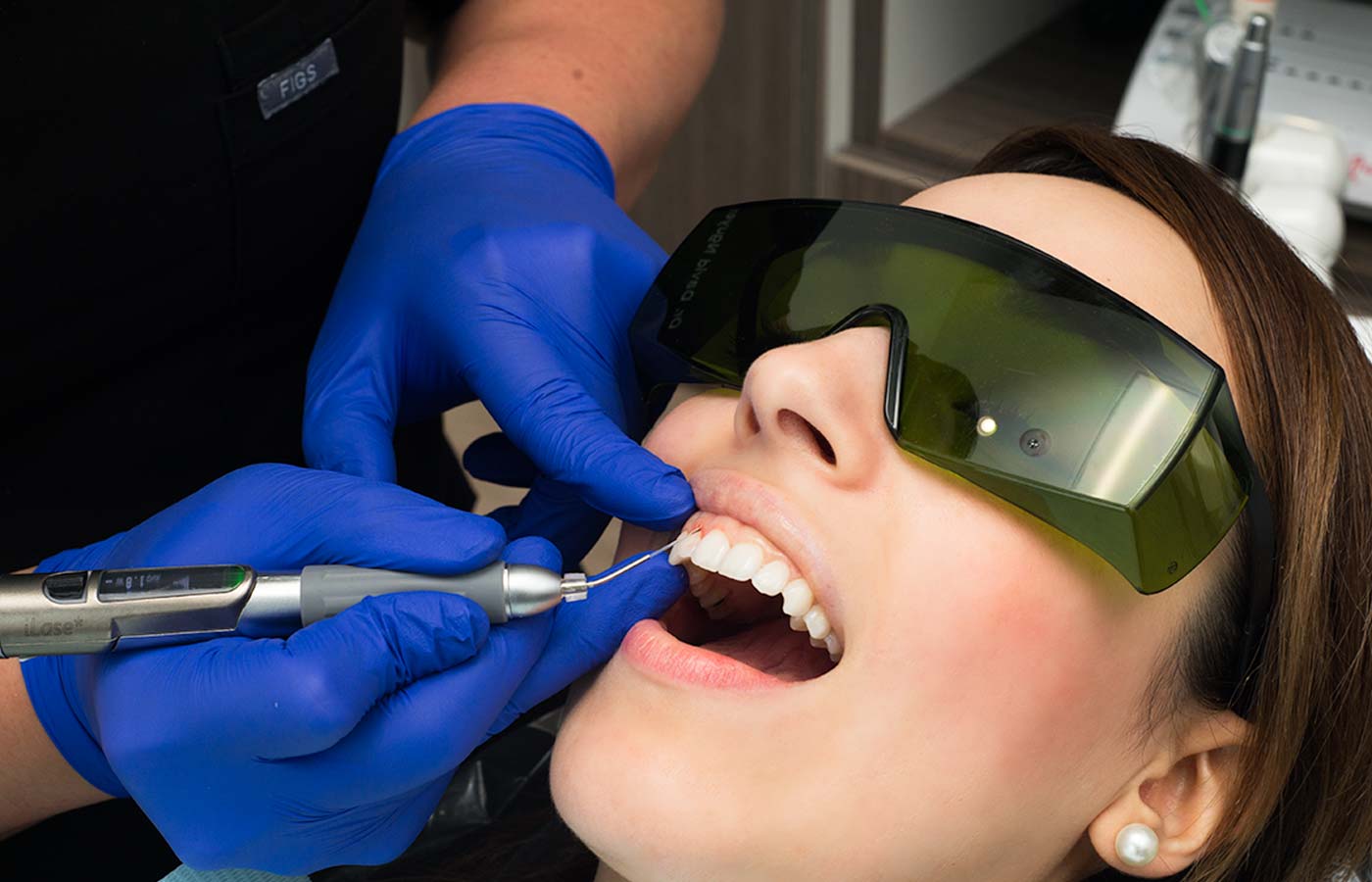celestepecks's blog
Tooth decay, gum diseases, and a knocked tooth are some most common dental emergencies. In contrast, prevention with good oral care is the best way to keep your teeth healthy and hygienic. Knowing what an emergency dentist does can prevent long-term damage. But the question what is the most common dental emergency, and how do you deal with them? With fast and immediate response and treatment, you can prevent long-term damage and restores good dental health.
Therefore if you suffer from instant tooth decay, gum disease, and a knocked tooth, you should consider visiting dental emergencies services for proper treatment and diagnosis of the issue.
Toothache
Pain and sensation are never good signs: they indicate several conditions, including tooth decay and cavities. Moreover, some toothaches are manageable without emergency dental services. You should avoid certain medications like taking aspirin or another painkiller because they can burn the affected gums' tissues. Instead, you should put a cold compress on the outside of your cheek and call your emergency Laser Dentistry.

Chipped or broken teeth
Did you bite down too hard on some hard material? Not only chipped or broken teeth ruin your perfect smile, but they also hurt you continuously while chewing and eating food. In such conditions, you should rinse your mouth with warm water and add a piece of gauze to cease the bleeding. And apply a cold compress on the part of your face where the tooth is broken or chipped to reduce swelling and relieve pain.
While seeking emergency dental care, your dentist recommends you be cautious of biting down crunchy foods, sports, and other physical activities that can cause teeth to break or chip down.
Knocked-out tooth
Similarly, like chipped or broken teeth, you should pick the tooth with a crown and rinse the root if it is dirty. Otherwise, avoid scrubbing and removal of attached fragmented tissues. Depending on the injury, you might be able to put your tooth back in the socket. Ideally, within one hour, so you can save a knocked tooth and restore it in place. Furthermore, if you can't restore or reinsert back, then keep it in the bowl of milk with a pinch of salt. This will help you save your teeth from being extracted.

Lost filling or crown
Both crowns and dental filling store your damaged teeth back to the aesthetic appearance and functionality of the teeth. So when they break or come out, you'll need to get treated right away to avoid further damage to your restorative procedure. You should visit an emergency dentist or make a temporary fix while waiting for dental care: you can also place sugarless gum into the cavity but don't apply pressure to avoid damage. Also, you should put your dental appliance in a safe place and bring it to your dentist so they can reapply to be fitted with a new crown.
Conclusion
If you are suffering from chipped, knocked, or lost filling or crown, you should consider visiting an emergency dentist near me for thorough treatment and diagnosis of the issue.
Article Source : https://www.healthymindz.com/what-are-the-most-common-dental-emergencies/
Dental veneers are shells made of porcelain veneers or dental porcelain laminates. They are custom-made shells of tooth-colored material designed to cover the front surface of your teeth. A dentist uses them when your teeth' color, shape, size, or length changes.
What are the main types of Dental Veneers?
Dental veneers can be made from porcelain or resin composite materials. Also, porcelain veneers resist staining better than resin veneers. Also, they provide an original teeth-like appearance and functionality. Therefore you should consider visiting Emergency Dentist Houston to know what is best for you.
What Types of issues Do Dental Veneers Fix?
Dental veneers routinely fix:
- Discolored or stained teeth
- Root canal treatment
- Stains from tetracycline or other drugs
- Excessive fluoride use
- Large resin filling
- Worn teeth
- Chipped or broken teeth
- Uneven or misaligned teeth
- If you've gaps between the teeth

Dental Veneer Procedure
Getting dental veneers requires three dental visits, first for consultation, two for fabrication, and third for application of veneers. One or many teeth can undergo the veneer treatment at the same time.
Diagnosis and treatment planning
You will tell the dentist open on Saturday about the objective of the treatment or the result you wanted. During the appointment, a dentist will examine your teeth, make sure you are a good candidate for dental veneers, and discuss both pros and cons of the treatment. After that, they will Scan and take X-rays for the impression of your teeth and mouth.
Preparation
To prepare a tooth, your dentist will sharpen your teeth surface by removing a few layers of your teeth surface. You and your dentist will administrate local anesthesia to numb the area of your teeth. Next, they will use X-rays and digital scans to make a model for dental veneers. Veneers Houston takes 2-4 weeks to come back from the laboratory; meantime, your dentist uses temporary veneers to save your teeth impressions.
What are the Benefits of dental veneers?
- They provide an aesthetical and natural look.
- Porcelain doesn't damage gums.
- Porcelain veneers are stain-resistant.
- A dentist near me can blend them into the teeth's original color
- They generally don't require as much shaping as crowns, yet they are stronger and better functional.

What are the limitations of dental veneers?
- This is an irreversible process.
- Veneers cost you more as compared to resin bonding.
- Surfaces can not be repaired if they get chipped or cracked.
- Due to enamel trimming, you may start experiencing more sensitivity to cold and hot food or drinks.
Veneers may not exactly blend with your surrounding teeth and cannot be altered once it's in place. If you want teeth whitening, you should do it before the dental veneers.
Though unlikely, veneers can dislodge or fall off. To minimize the risk, you should not bite nails, chew pencils, ice, or other hard items that hurt your veneers or restorative procedure.
Conclusion
If you are suffering from stained, chipped, or knocked teeth, you should consider visiting a Dentist Open On Saturday Near Me for thorough treatment and diagnosis of the issues.
Article Source : https://www.techsmarttips.com/what-are-dental-veneers/
Consuming sugary foods and drinks or bad oral practices such as no brushing and flossing regularly can result in tooth decay or cavities. There permanently damage can cause:
- Visible holes in your teeth
- Brown or black stains
- Tooth Sensitivity
- Immserable pain
Also, a dental filling can replace a part of damaged teeth and prevent your teeth from further decay. Although fillings are permanent restorative materials, initially, Dentist Office Open On Saturday treats tooth decay with a temporary dental filling. This article will help you understand how long temporary filling lasts, the procedure, etc.
What’s a temporary filling?A temporary filling is a material your dentist uses to restore a damaged tooth. There is no permanent solution to save your teeth, and you’ll need a permanent solution so that they can replace a permanent filling material.
When are temporary fillings used?Dentists Open On Weekends uses temporary fillings material for specific conditions. This treatment of putting a temporary filling can be quicker than putting a permanent filling. So, suppose you have a cavity that causes immense sensitivity and severe pain. In that case, you’ll receive a temporary filling as an emergency treatment.

Your dentist might also put a temporary crown if a cavity is giant because the crown can protect your teeth until the crown is ready.
Temporary seal after a root canalIf a badly decayed tooth also requires a root canal treatment to remove bacteria from the tooth, the dentist saves it. A temporary filling can seal the roots or holes in teeth until further root canal sitting happens because it keeps food and bacteria from attacking the teeth again.
After the root canal treatment area heals, your dentist replaces the temporary filling with a permanent filling material.
Temporary medicated filling to settle sensitive nervesAnemergency dentist may put a temporary filling if a tooth is sensitive to hot and cold water or food. This will help settle the nerves and help the healing process before placing a permanent filling.
After this, your dentist reevaluates the tooth at a later appointment to ensure there will be no pain and you don’t need further treatment, like a root canal.

Since a temporary filling doesn’t last long, it’s made of softer material that’s easier to remove. Some materials may harden with saliva; here are some material items that are used as temporary filling material.
- Zinc oxide eugenol or zinc phosphate cement
- Cavit
- Glass ionomers
Permanent fillings often blend into the natural color of a tooth. Temporary filling, on the other hand, has a different color than the natural white color. This allows your dentist to easily locate the temporary filling while replacing it with a permanent color. A temporary might be bright white, grey, or white with a blue or pinking hue.
ConclusionIf you have pain and sensation due to a minor chipped or knocked tooth, you should consider visitingemergency dental care houston for a thorough checkup and treatment.
Article Source : https://www.transitsblog.com/what-are-temporary-fillings-and-why-is-it-used/
